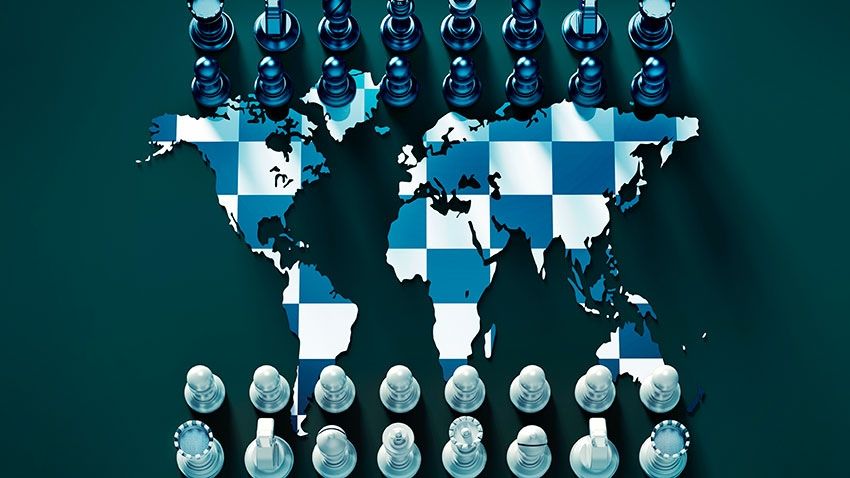Geo-economics – The new role of second-tier powers
- 2022.19.12
- 1
- Download the publication (PDF - 561,34 KB)

- The shift in the geopolitical order combined with climate issues will act as a powerful springboard for infrastructure projects
- Taking advantage of investments from the US and China at the same time
- The economic advantage for countries experiencing a geopolitical status of pivot state
- A new pre-requisite for power: value chains
- Will cartels run the world?
- Fragmentation and opportunities
In resume
What is the common denominator between Qatar's LNG contract with China, the cut in Saudi Arabia's oil production against the wishes of the United States, recent Gazprom deliveries to Azerbaijan , Turkish strikes in Syria and Saudi Arabia's likely inclusion in the BRICS economic bloc? All signs point to the same phenomenon: many powers that are often categorised as second-tier geopolitically are increasingly independent geo-economically. They are less and less concerned by the demands and threats of countries with the most power. These stalemates may seem like small potatoes compared to the trade war between China and the US, but they'll have just as great an impact on the global economy.

Does this mean the two-power-bloc scenario – autocracies versus democracies – will have economic limitations? A simple yes or no won't suffice. In fact, the trend towards autonomy for second-tier powers is taking place at the same time that production chains in strategic sectors (semi-conductors, quantum technologies, AI, etc.) are being rebuilt according to bloc logic. Because military technology has such a strong spillover into civil applications, no country or company is immune to national security concerns. Countries most aligned with the US will not be able to avoid restructuring their trade and investments as part of the “globalisation among friends”. But for many countries it won't be as simple as that – it'll involve geopolitical alignment in strategic sectors and non-alignment in others.
Tania SOLLOGOUB, Economist
